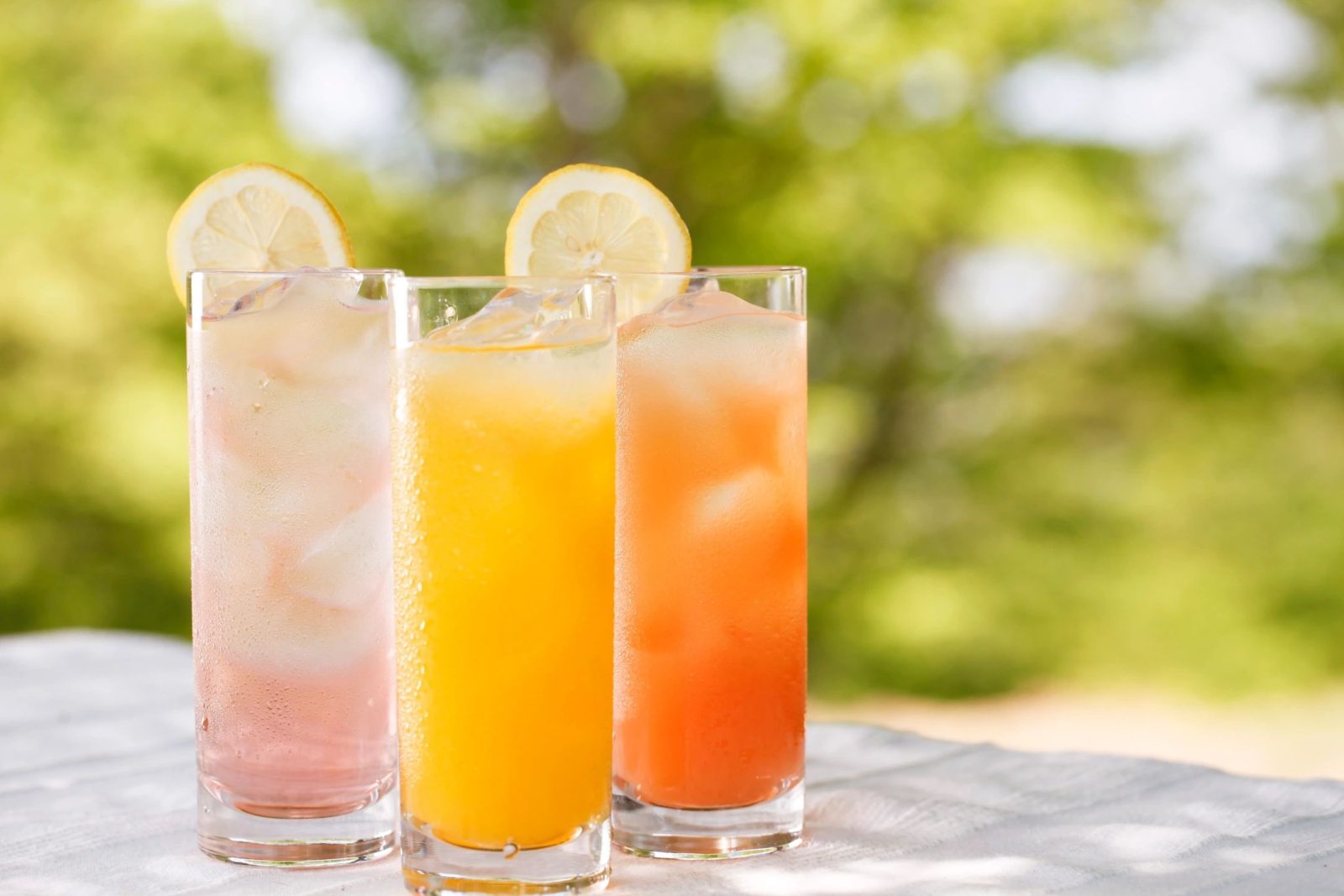Whether it’s a glass of wine before bed, beers with the boys, or margarita night with the girls, alcohol plays a role in most of our lives. Summer is here and it seems like we are all so much more social and ready for a cocktail this time of year. If you are sober you can skip this article! But if you are working towards a goal and wondering if your drinking is getting in the way, let’s chat.
I have always encouraged a flexible approach for most of my clients. Unless you are dropping weight for a specific sport or show, a more flexible approach with an emphasis on whole foods yields the best adherence by far. Being able to adhere long term, as in forever, will not only get you there but also keep you there. So it goes without saying that I by no means force my clients to stop drinking. That said if you are coming to me with a goal of weight loss or even muscle gain, alcohol consumption needs to be limited and tracked like anything else. Recent studies have shown no evidence that drinking in moderation, and within your calorie goals, affects long term results.
The key words here being moderation and tracked. Alcohol, or ethanol, is technically 7 calories per gram. Where your macros are as follows:
Protein = 4 calories per gram.
Carbs = 4 calories per gram.
Fat = 9 calories per gram.
The best way to track it is to count as either carbs or fat, but never protein. Protein is a vital macro whether you are trying to lose weight or gain muscle. It has a high thermic effect of feeding so it can contribute to overall daily burn and keeps you full. So no matter what your goal, we don’t want to replace your protein with booze. Put down the beer that says it’s only 4 carbs! With alcohol we need to focus on calories only.
Here is an example of how to track a drink:
I order a tequila on the rocks, splash of soda. A quick google search tells me this is 64 calories per ounce. The bartender says it’s about a two-ounce shot.
64×2= 128 calories for one drink
To track as carbs 128/4 = 32 grams of carbs
To track as fat 128/9 = 14 grams of fat
Now like anything we do in flexible dieting, this is the best estimate. Nothing is a perfect science; the point here is you make the honest effort to track it and stay within your calorie goals. Truthfully, a good percentage of the alcohol you consume is being burned up through thermogenesis, roughly 20%. That is why you may feel warm after a couple drinks, but trying to figure out exactly what you are absorbing is impossible. So just like tracking food, we account for it all as accurately as we can.
Getting into the 4-6 drink range is where stuff starts to get dicey. Studies have shown that multiple drinks can stop or at least slow down muscle recovery/rebuilding and the breakdown of fats. This is of course only while alcohol is present in the body. But you can see how this becomes an issue if you are drinking 3-4 nights a week.
Another issue we see in this drink range is the “screw it” affect. Where you are now drunk so poor eating choices are made. Order of fries at the bar, stop at McDonald’s on the way home, and wait until tomorrow. Because who wants to load up on lean protein and veggies with a hangover.
All things in moderation kids, be flexible but also stay true to your goals. Track your drinks like you would track your food. THEY COUNT. If you are not tracking your alcohol and not seeing results…well just like that extra handful of popcorn you grabbed and didn’t track, these things add up. Be flexible but be accountable.
